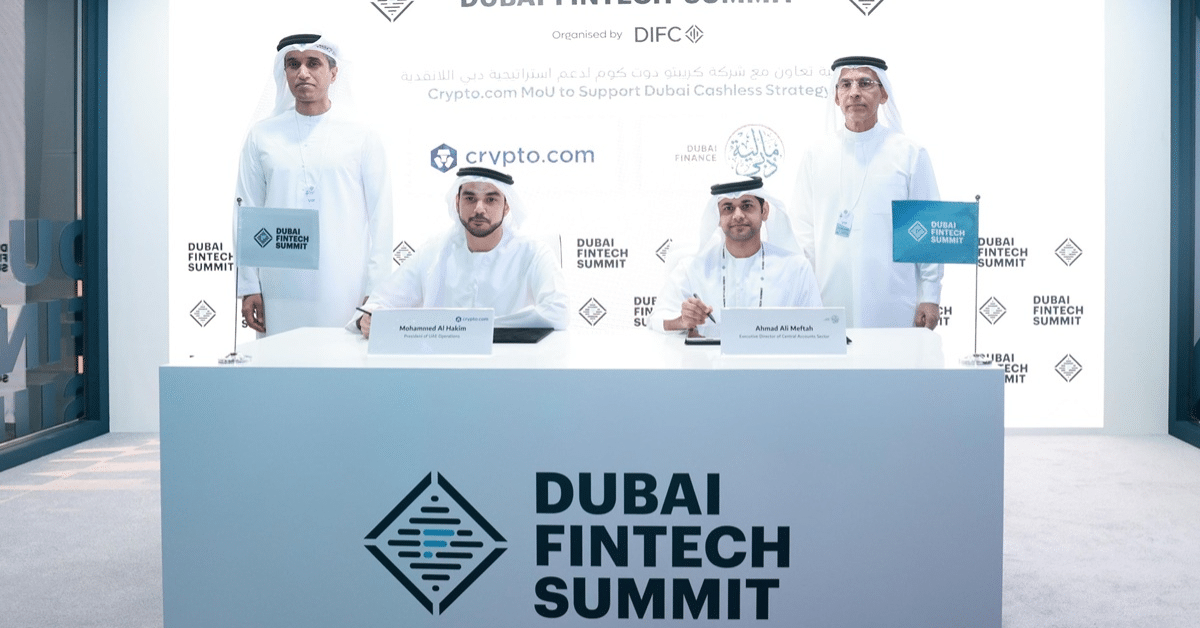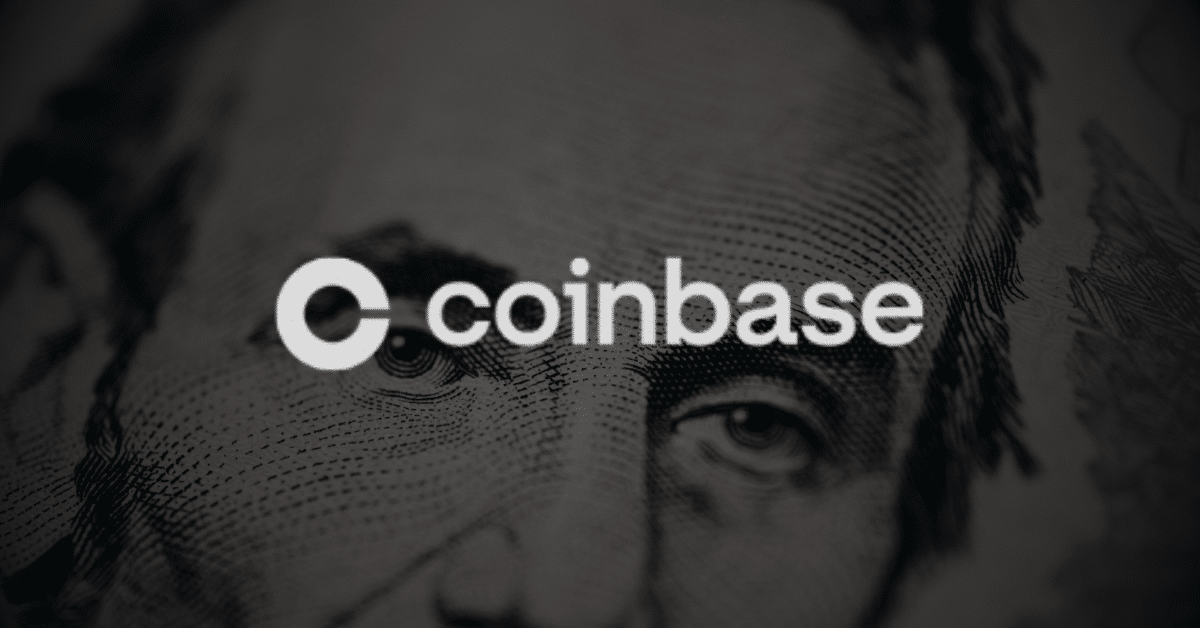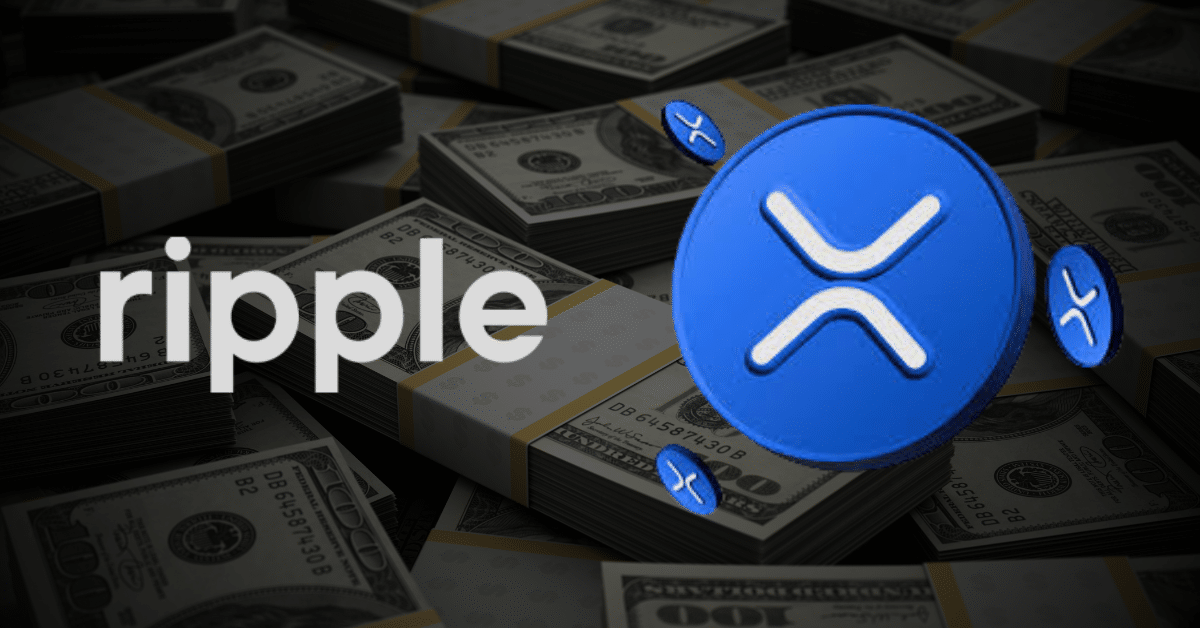Key Takeaways
- Dubai has pioneered national crypto adoption by becoming the first government to facilitate blockchain payment for services.
- The Dubai government aims to use a stablecoin to achieve 90% cashless transactions by 2026.
- The program to accept crypto payment for government services will be powered by crypto.com, which handles digital payments in all public sectors.
Dubai’s government will now accept crypto to pay for government services across departments within the public sector.
According to an announcement from the city’s Department of Finance, the move is facilitated by a partnership with global cryptocurrency exchange Crypto.com, which will support the Dubai Cashless Strategy to encourage modernization and introduce an inclusive payment system across the emirate.
Financial Technology Solution
Considered a crypto-friendly city, Dubai Finance said it would accept cryptocurrencies for government fees without specifying the particular tokens or digital coins it planned to accept. The emirate city hosted the Token2049 conference last week and hosts numerous digital asset companies.
The move to accept crypto payments for government services was announced during the Dubai Fintech Summit last Monday by the Director General of the Department of Finance (DOF), His Excellency Abdulrahman Saleh Al Saleh, stating that move aimed to help Dubai become cashless. He said in a statement:
“As a global leader in digital transformation, the emirate is further strengthening its position by deploying the latest secure financial technology solutions that support its cashless strategy, streamline government transactions, and foster innovation in financial services.”
Go Cashless by 2026
Per the DOF, the city aims to achieve a 90% success rate in transferring all public and private transactions to cashless by 2026, arguing that the move could potentially inject over AED 8 billion annually into Dubai’s economy. The department emphasized that the project was not just about convenience but represented a step toward creating a sustainable, digital financial system for the city’s future.
The statement further revealed that integration was already in progress and that technical teams were already working to make crypto payments available to individual users and businesses. Moreover, the move to accept crypto payments will use stablecoins pegged to the local Dirham to reduce volatility and ensure that users can easily pay predictable amounts while the government receives fixed fiat values.
This isn’t a Pilot Program
Emphasizing that this wasn’t a pilot program, Mohammed l Hakim, President of Crypto.com UAE, noted that the implementation spans all government departments. This isn’t a pilot or limited program—it’s a comprehensive shift in how public services are paid for. He said:
“This partnership represents a significant leap forward for digital finance, integrating cryptocurrency into government payment systems. As part of the D33 agenda, we’re honored to support Dubai’s efforts to transform its economic model and lead the way in sustainable digital diversification.”
Conclusion
While other countries are still in the planning stage and exploring digital payments or crypto regulation, Dubai has trailed the blaze and made a decisive move to accept crypto payments. The city-state’s positive move in financial technology could inspire other countries to follow suit in exploring blockchain-backed solutions.
Frequently Asked Questions
What are the basics of stablecoins?
Stablecoins are digital currencies that bridge the gap between traditional finance and the crypto ecosystem. They enjoy the benefits of cryptocurrency but forego the volatility typically associated with other crypto assets.
What are the four types of stablecoins?
There are four main types of stablecoins in circulation: fiat-backed, commodity-backed, crypto-backed and algorithmic.
Why are they called stablecoins?
Because they are price-stable digital assets that behave like fiat but maintain the mobility and utility of cryptocurrency, stablecoins are a novel solution to crypto volatility.























